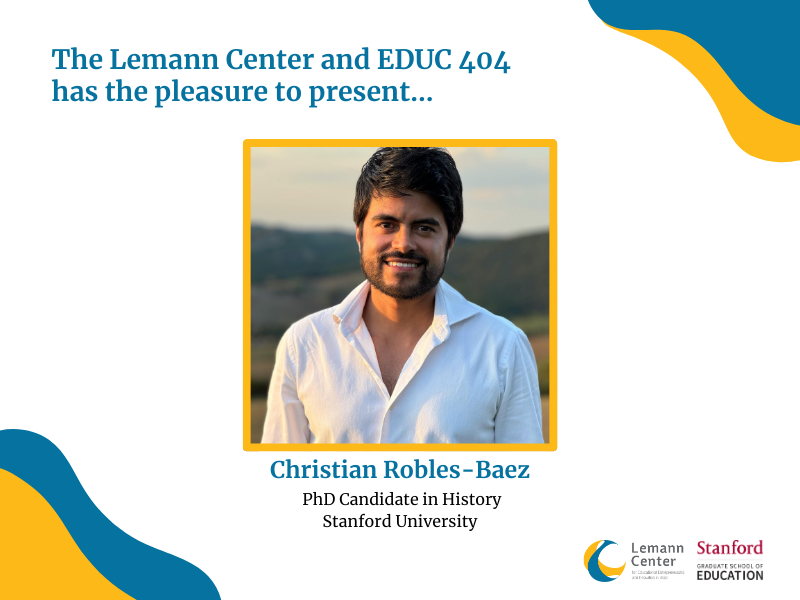
Despite now being a ubiquitous daily commodity, coffee still holds a mysterious history regarding its origins as a staple in people's lives. Often consumed without a full understanding of the intricate journey the coffee bean takes before reaching our mugs, we rarely ponder this custom’s historical roots. The early nineteenth century was a pivotal period when Brazil and the United States catapulted coffee into a million-dollar trade industry. Brazil emerged as the largest coffee-producing nation, while the United States emerged as the top consumer, solidifying a symbiotic relationship that has endured for nearly two centuries.
In this presentation, it will be explored the construction of Brazil’s transport infrastructure in the early nineteenth century (before the railway era) as a central element in paving the way for the coffee boom that would shape the country’s economic trajectory. The logistical challenges involved in road construction were immense. Yet, facilitating the movement of goods between the hinterland coffee-producing regions and Rio de Janeiro city, where coffee was shipped for the foreign markets, was critical to expand both the global supply and demand for coffee. In this context, the development of roads was not just an engineering feat but also a political and economic endeavor, deeply intertwined with the dynamics of slavery, colonial governance, and indigenous knowledge.
About Christian Robles-Baez:
Christian Robles-Baez is a PhD Candidate in History at Stanford University, where he is studying the transformation of coffee from a luxury item to a staple commodity in the early nineteenth century. His research centers on Brazilian coffee production and its consumption in the United States. His doctoral dissertation, tentatively titled “The Making of an Improbable Global Market: Coffee (1808-1850)”, explores how coffee emerged as one of the world’s most valuable commodity markets despite the pervasive risks and adversities of its early years. Robles-Baez’s interdisciplinary research aims at bridging fields such as Business History, History of Capitalism, Environmental History, Transnational History, and Latin American Studies.
His dissertation has received financial support from the King Center for Global Development, the Lemann Center, the Stanford Institute for Economic Research Policy, and the Stanford Center for Latin American Studies.

